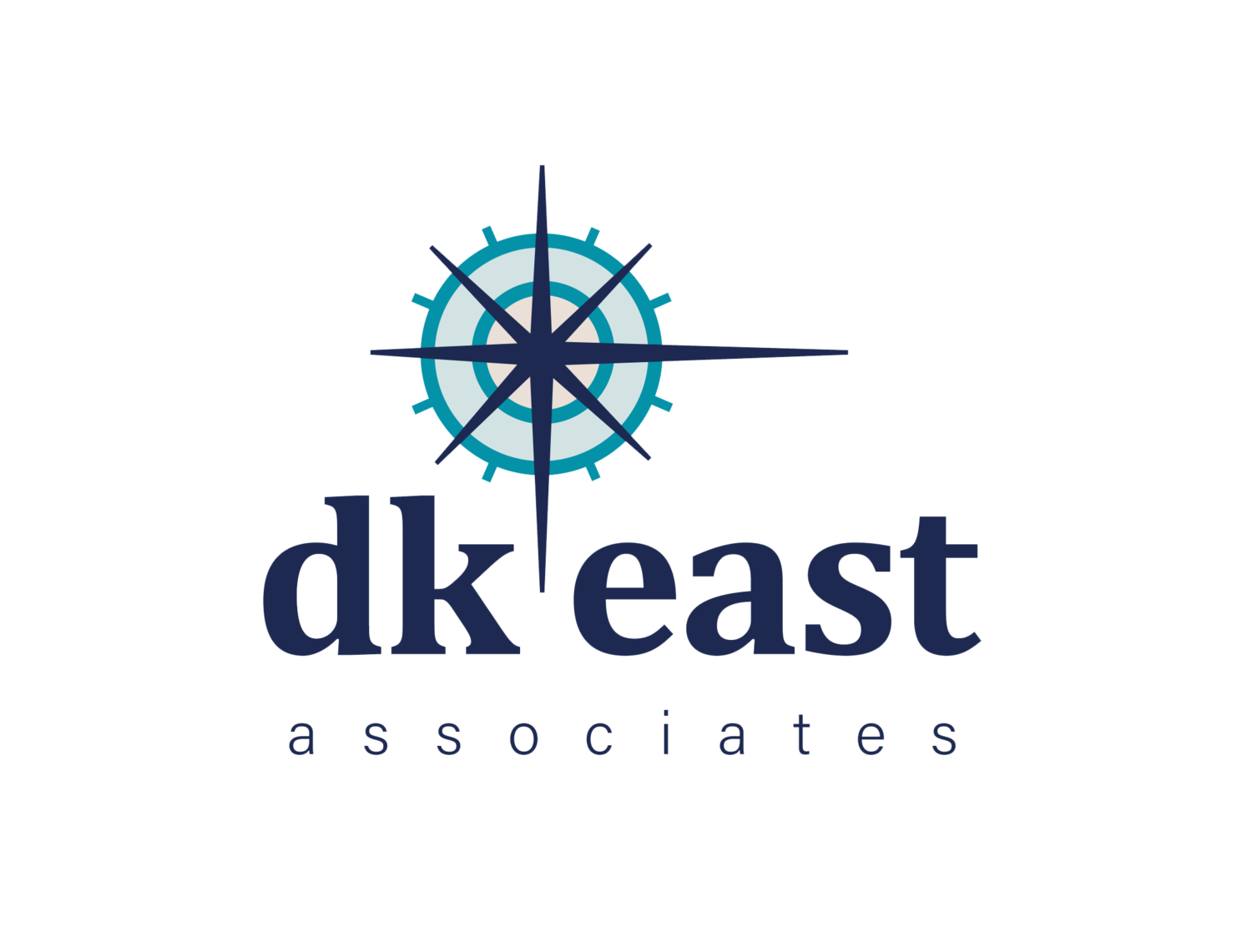We're just a start-up, we don't need back-office help!
Congratulations! You have an idea/concept/product and you are starting out on your own. It can certainly be intimidating to navigate the world as an entrepreneur, but the thrill of building something is exhilarating. So where do you make your investments in your business? Marketing? Product development? Sales?
What about your accounting? What? You say… that’s overhead and it never pays to invest, especially this early on. Oh really? Here are a couple of scenarios that may just change your mind:
It’s just a checkbook, right?
You ignore your accounting or you hand it off to your receptionist to input into QuickBooks. After all, it’s only data entry and the software will just spit out the reports, right? Meanwhile, your company is growing to the point that you need to raise funds. You decide, yep it’s time for outside investment or financing. What do the investors and lenders want? Financial statements. Great! You print your P&L and balance sheet from QuickBooks, hand them off and check the box – “Done.” Well, the investors scrutinize the financials and come back with questions - where is this accrual, what is this payable? Before they are done, if you are lucky, they accept the financials but they have discounted your company’s valuation because the financials are not credible. Worst case, they decline to invest or lend to you. More often than not, they want you to fix your financials. So, you hire or rent a CFO. Surely, having the CFO initials will add credibility to the financial statements and fix this problem.
Your newly hired or rented CFO spends some time (at a high rate) sifting through your records and the result? Not exactly what you thought. Yes, QuickBooks reflects all your deposits and checks but your receptionist didn’t understand accruals and there are no entries to record a commitment that was recently made, or the accounts receivable are past due and no allowance or write-off has been recorded, or the profitability by product can’t be determined since everything was recorded as general product costs or the accounts payable are not accurate and there is no process to ensure all are identified. Well ok, you say, fix it!
The old commercial with the mechanic saying, “you can pay me now or pay me later” never rang so true. The CFO says this is going to take hours (again, at their high rate) to go back and do bookkeeping that would cost a fraction if done by a supervised bookkeeper. More importantly, your investment deal hinges on this and the delays push out when you get funding or worse, cause the deal to go south.
You might care little about the incremental accounting costs but consider the opportunity costs – the potential investor/lender relationship and funding going away entirely or the valuation being discounted.
Yikes! Hiring someone will cost me how much?
You hire a bookkeeper who makes $35,000 per year, plus benefits and other payroll overhead for a total of $40,000 per year. As you grow, your accounting needs to scale – you need a controller to add sophistication at a salary of $100,000. Now, as your team is growing, you need some legal advice on employment liability matters so you might need an HR lead. That’s all adding up quickly. Then there are vacations and sick time – if the employee is away, all work stops. What now?
Shift all that.
With an outsourced, remote accounting/HR and controller team, you can have the benefit of experienced staff from bookkeepers to CFO's on a fractional basis, at a fraction of the cost. You'll have reliable financial statements that are updated and are audit ready. You’ll have an HR structure and process that is compliant. The quality of your records may even allow you to get a premium on valuation.
If the team is right, you can leverage what you have and add what you need, when you need. Your costs are controlled yet you have the proper resources for your needs and for the point of your company’s lifecycle.
